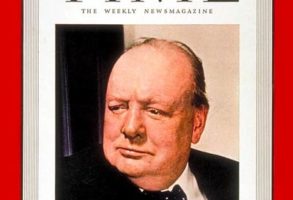
Published September 26, 2021
Fifteen or 20 years ago, when I was preparing to write a book on the subject of evil, I asked a variety of people whether they had ever known someone whom they considered to be evil. The overwhelming majority stared into space for a moment and then said, “No—no one I would call truly evil. There was Hitler, of course. But I didn’t know him.”
An exception to the pattern was William F. Buckley Jr. , who, without hesitation, replied, “ Gore Vidal. ” I laughed, but Mr. Buckley didn’t. I think he was serious. He stared at me with hard, enameled eyes.
In those days the word evil still carried the weight of its old significance. Evil remained a great mystery—like (at the opposite end of human experience) love. Evil inspired respect and humility, fear and awe. There is, after all, no appeal from evil. It is uncompromising, unforgivable.
Click here to read the rest of this piece at the Wall Street Journal‘s website.
Mr. Morrow is a senior fellow at the Ethics and Public Policy Center. His latest book is “God and Mammon: Chronicles of American Money.”
Lance Morrow is the Henry Grunwald Senior Fellow at the Ethics and Public Policy Center. His work focuses on the moral and ethical dimensions of public events, including developments in regard to freedom of speech, freedom of thought, and political correctness on American campuses, with a view to the future consequences of such suppressions.








